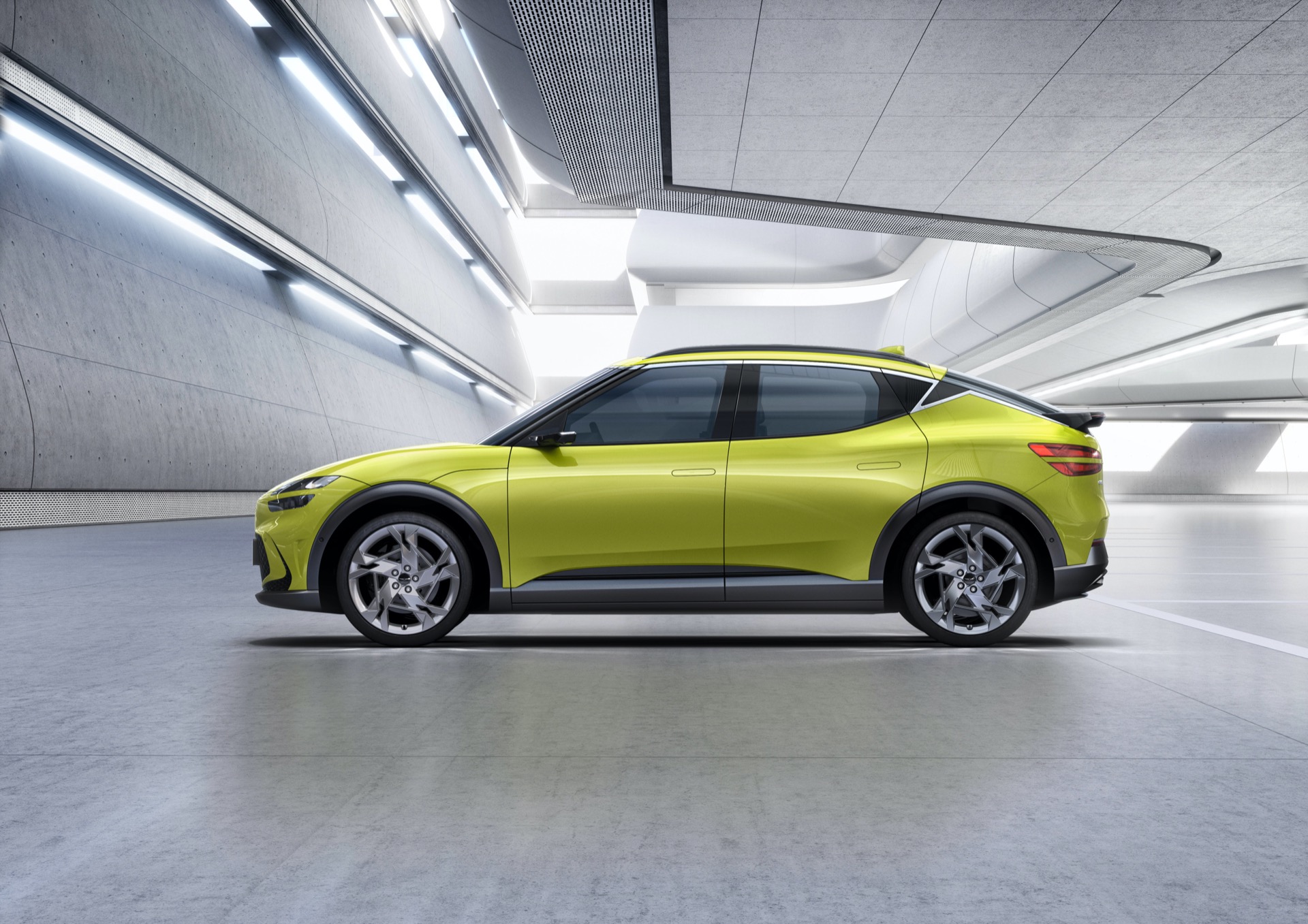From V-8 to EV in a decade: Genesis to launch only electric vehicles starting in 2025

Genesis announced on Thursday that all new Genesis vehicles launched starting in 2025 will be electric. Battery electric vehicles (BEV) and hydrogen fuel-cell electric vehicles (FCEV) will represent a two-pronged approach to getting Hyundai’s luxury brand to sell only zero-emission vehicles by 2030.
The ambitious plan echoes a chorus sung by other automakers pledging a shift to electric vehicles to appease customers and mitigate climate change. Last month, Ford, Honda, Volkswagen Group, BMW, Volvo, GM, and Stellantis, as well as the United Auto Workers union, pledged support to President Biden’s executive order targeting half of all new cars sold in 2030 to be zero-emission vehicles.
More than a dozen brands have outlined aggressive timelines to electrify a majority of new vehicles sold by 2030. Electrification can include everything from traditional hybrid powertrains to plug-in hybrids to BEVs.
But Genesis, the upstart luxury brand in the midst of a product onslaught, illustrates how much has changed in a decade and how much will continue to change as the auto industry embraces the age of electrification, or Autos 2.0. Hyundai spun off its luxury flagship sedan in 2015 into a new brand that debuted with the G90 full-size sedan. Launched in the U.S. for 2017, the G90 came available with a 5.0-liter V-8 that made 420 hp and 383 lb-ft of torque. The rear-wheel drive sedan had EPA ratings of 16 mpg city, 24 highway, 19 combined.
In five years and five subsequent products, Genesis has followed the automotive trend of downsizing displacement with turbocharging, subverting the old automotive saw that there’s no replacement for displacement. There is, and the archaic V-8 now finds a place only in pickup trucks, muscle cars, and the occasional performance crossover. The G90 is the only Genesis vehicle to still use a V-8, while the brand’s newest models, the 2021 GV80 mid-size SUV and 2022 GV70 compact crossover, use a 3.5-liter twin-turbo V-6 that makes 375 hp and 391 lb-ft.
Even that powertrain may seem antiquated by the time Genesis starts selling its next model, the GV60 EV. Much like today’s announcement, Genesis hasn’t revealed technical details of its first electric vehicle that will pave the way for the rest of the brand. The small crossover will share a dedicated platform with the Hyundai Ioniq 5 and Kia EV6, which both have an estimated 300-mile range.
The GV60 will be the first of eight new EV vehicles planned by 2030, and Genesis targets 400,000 electric vehicles sold annually by then. Genesis doesn’t make or sell a FCEV, currently, and the GV60 EV isn’t expected until late 2022. Even though details are scant, Genesis has a plan.
“Our new architecture will integrate audacious technologies with breathtaking designs while providing sincere detail-oriented experiences,” Luc Donckerwolke, chief creative officer of Genesis, said in a promotional video. “Warm and exquisite care will be our differentiator.”

